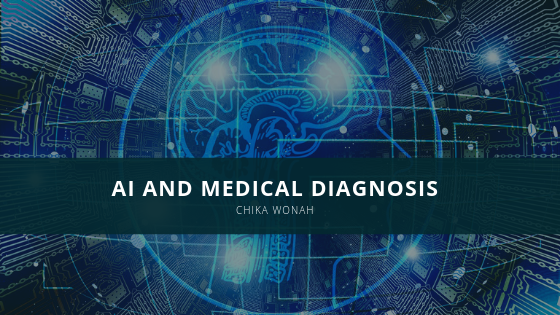Researchers in the United States and China have made progress on an artificial intelligence (AI) solution for diagnosing common illnesses. A paper was published in Nature Medicine that describes a computerized system that takes patient data such as lab results and history to deliver diagnoses for various childhood illnesses and common medical conditions.
The researchers report that the results of the early experiments have been very accurate. This experiment reveals that AI systems are likely to play an important role in assisting doctors in the diagnostic process in the near future. The advantage of artificial intelligence is that it removes some of the bias that creeps into the process when human judgment is entered into the equation.
The AI system was developed through a training procedure that utilized a large body of medical data derived from over 600,000 patients from China. Researchers believe that this Chinese AI system could move them toward the forefront of AI technology as science advances in the coming years. China has some advantages in AI diagnostic technology because they have a vast population and fewer privacy restrictions on medical data. This provides more data to train the AI systems to become more accurate and powerful as a tool for diagnosis.
In light of the importance of developments in AI diagnostic technology, the US administration has signed an executive order that establishes a new American initiative to advance the field of AI. This establishes a precedent that encourages universities and government organizations to place more emphasis on developing the technology. The key to making progress is to find vast amounts of data in many different places in order to train the software machine learning algorithms.
In light of recent strides for driverless cars and personal assistant technology, medical diagnosis is a logical step in the advancement of artificial intelligence. In order to assure patients that the diagnoses are reliable, a lot of testing and research still needs to be done. AI is not likely to be seen in emergency rooms and clinics for years to come. In areas of the world where doctors are in short supply, it is more likely that machine-based diagnostics will become prevalent. Due to the large population of China, researchers predict that AI diagnostics is likely to emerge there soon.
